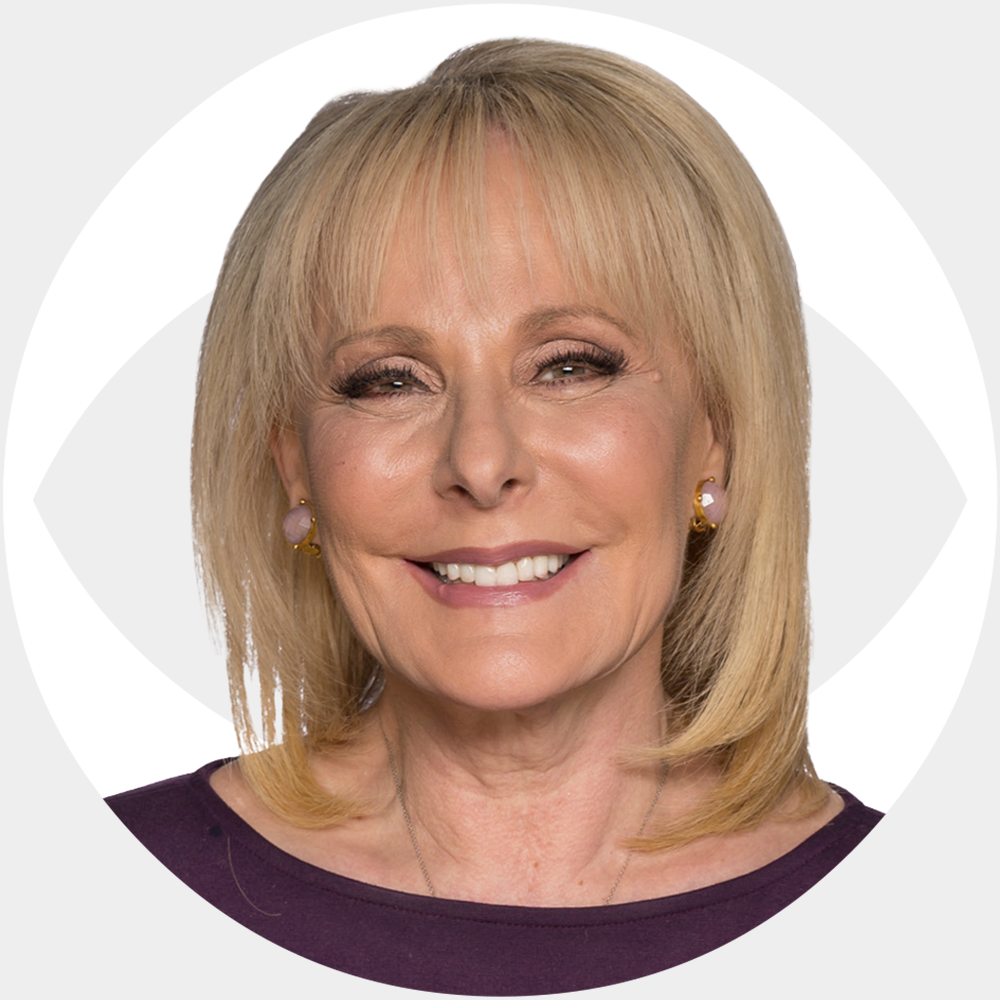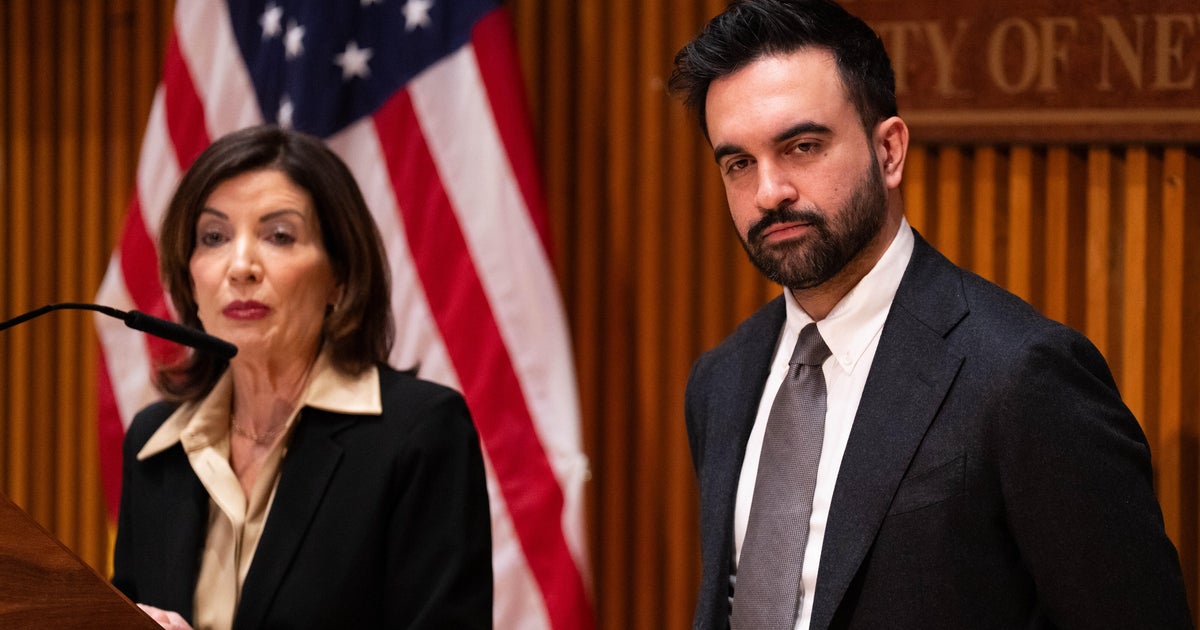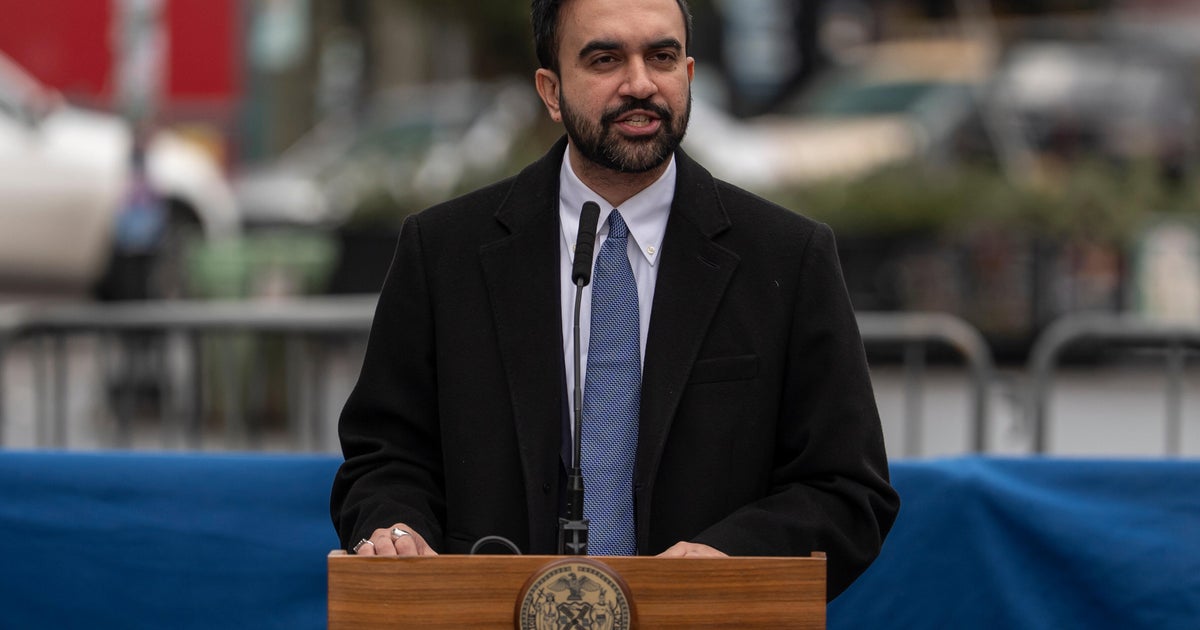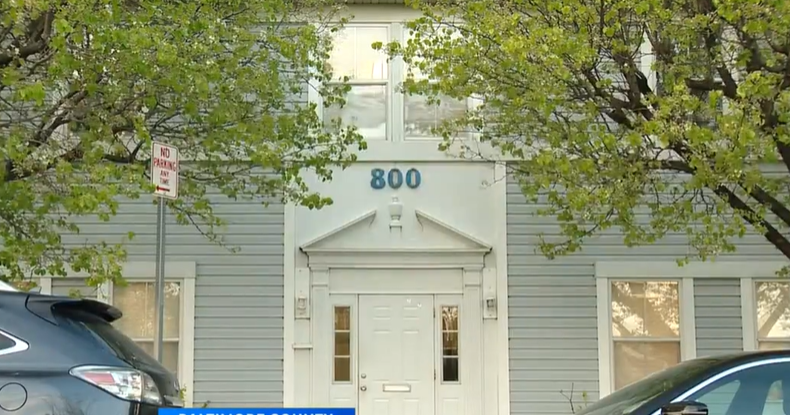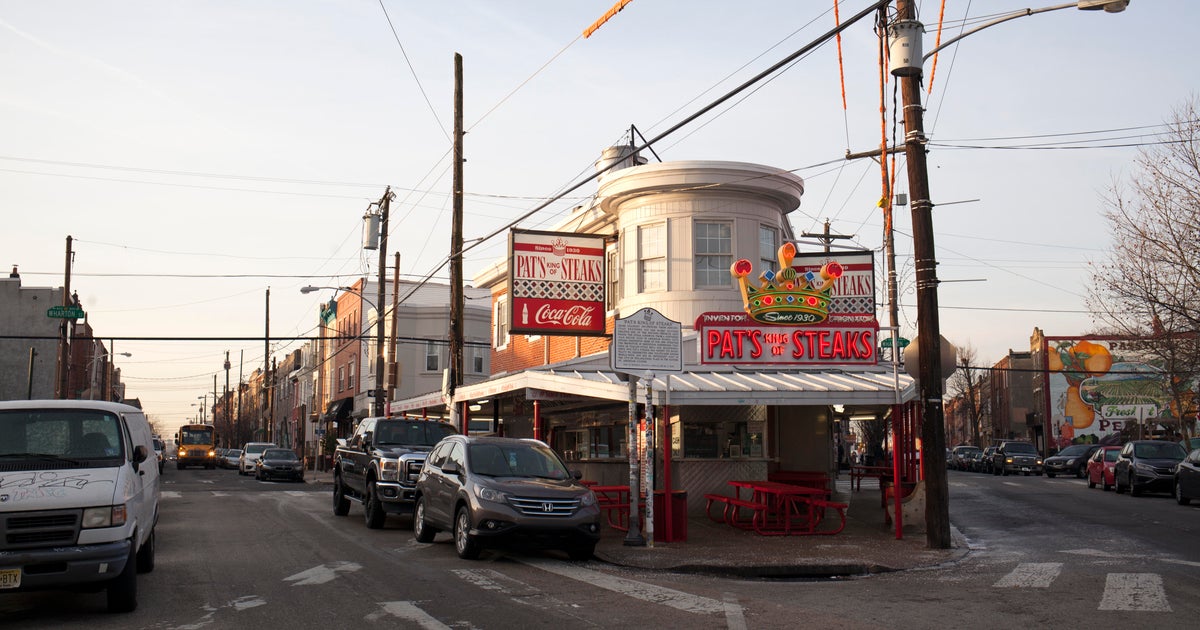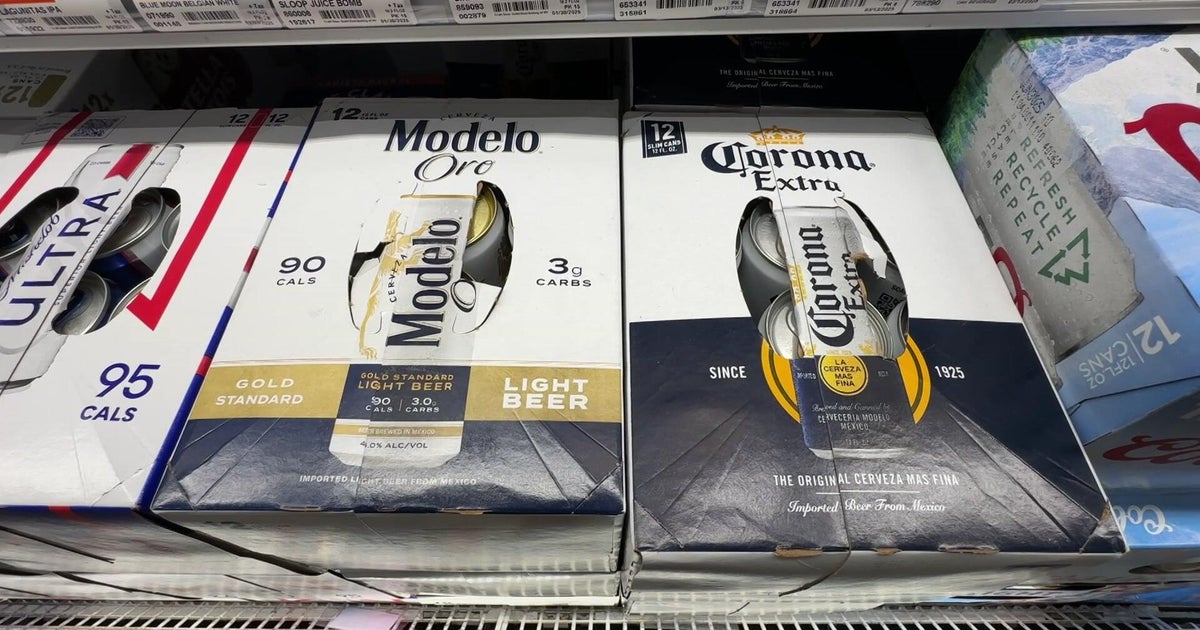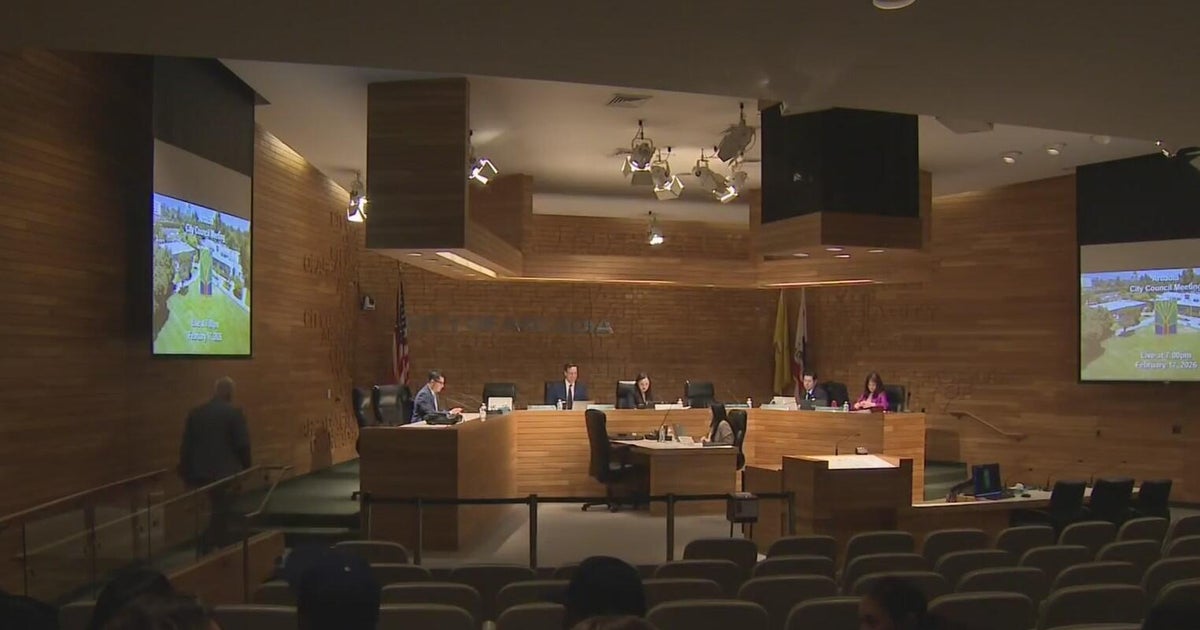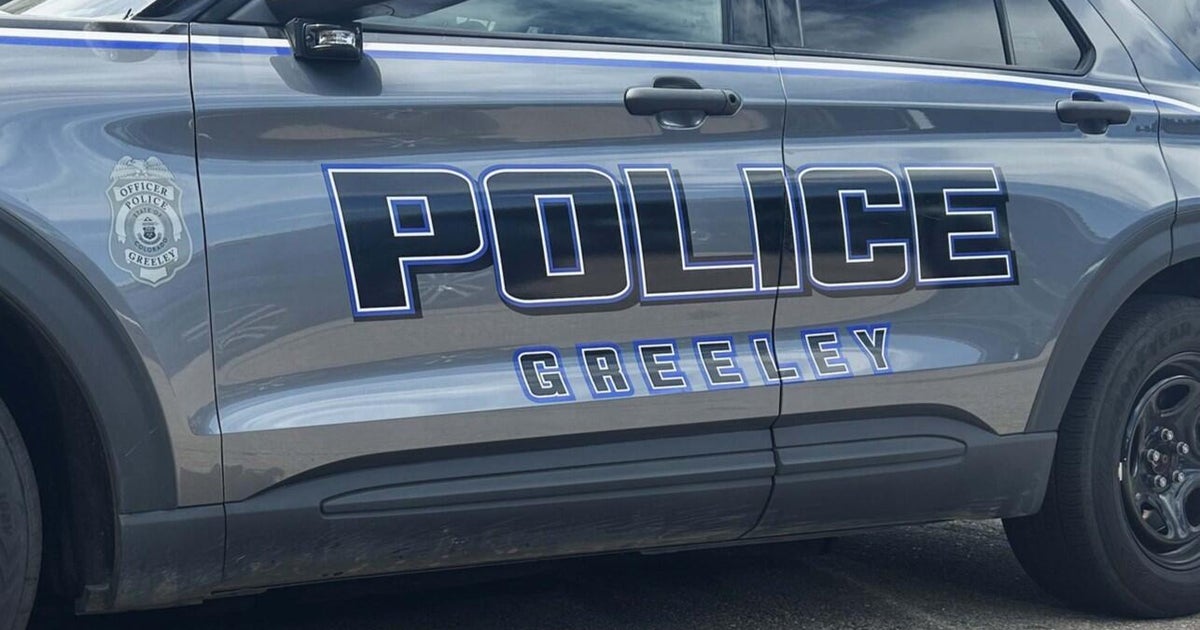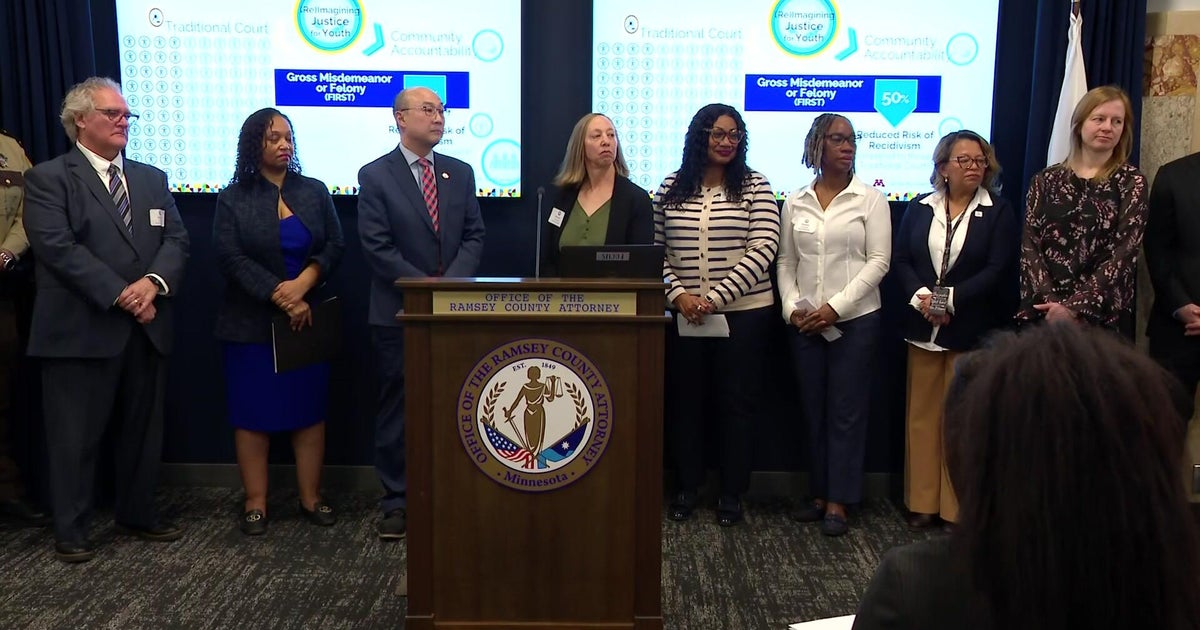Mayor Eric Adams, District Attorney Alvin Bragg want to shut down hundreds of unlicensed Manhattan smoke shops
NEW YORK -- New York City has launched a new war on unlicensed cannabis stores in Manhattan.
The businesses could face eviction if they continue breaking the law.
As CBS2 political reporter Marcia Kramer reports, unlicensed smoke shops have sprung up like weeds ever since the state legalized the sale of marijuana.
Mayor Eric Adams wants them closed because, he says, they are making it more difficult for the two pot shops authorized by the state to thrive.
He says they're also magnets for crime.
"We won't stop until every illegal smoke shop is rolled up and stubbed out," Adams said.
RELATED STORY: Mayor Eric Adams may face uphill battle in crackdown on unlicensed stores selling marijuana
Tough talk from Adams as he and Manhattan District Attorney Alvin Bragg on Tuesday announced a new strategy to stop the proliferation of illegal unlicensed cannabis dispensaries.
The DA's office sent letters to each of more than 400 known smoke shops in Manhattan, warning them that they could face eviction proceedings for unlawfully selling weed, flower and other cannabis products.
"The end of alcohol prohibition in the 1930s didn't mean just anyone could start selling homemade bathtub gin to their local store. Marijuana legalization in New York came with rules, and those rules must be respected," Bragg said.
Officials want unlicensed stores evicted -- shut down -- to protect the two licensed vendors who have opened in Manhattan, their permits issued as part of a racial equity plan to help those hurt by the state's tough drug laws.
Watch: DA Alvin Bragg, Mayor Eric Adams announce action against illegal cannabis shops
Just two weeks ago, CBS2's Maurice DuBois sat down with Bragg for a wide-ranging conversation. As they walked the Harlem streets, they encountered a truck selling cannabis. CBS2 checked on that weed truck uptown Tuesday and found it was still there.
There's also concern that the stores are becoming magnets for crime.
"These locations, believe it or not, if you do an analysis, they're starting to feed robbery patterns. People realize that they're, this is a cash business. They're targeting these businesses," Adams said.
Officials also announced, with great fanfare, that the NYPD and the Corporation Counsel had filed nuisance abatement proceedings against four unlicensed smoke shops in the East Village, seeking to shut them down for selling to underage New Yorkers.
The problem is, even though it's apparently illegal to sell to minors, the nuisance abatement laws take time to get results.
"What we've done is we've served the papers," said Sylvia Hinds-Radix, with Corporation Counsel.
"So they're open right now and doing business?" Kramer asked.
"Yes," Hinds-Radix said.
"So the purpose of this was to do what?" Kramer asked.
"The purpose of the nuisance abatement is to serve them. They have to be served with notice," Hinds-Radix said.
RELATED STORY: New York's 2nd recreational cannabis dispensary opens; It's the 1st one owned by person with past pot conviction
There's also the issue of taxes; the illegal smoke shops don't pay them, but the licensed ones have to.
"Legal cannabis is expected to be a $1.3 billion industry, $40 million per year in tax revenue. This could be a real windfall for our city," Adams said.
Although action to evict illegal smoke shops is now taking place in Manhattan, the mayor said he would seek to get the District Attorneys in the four other boroughs to do the same thing.
